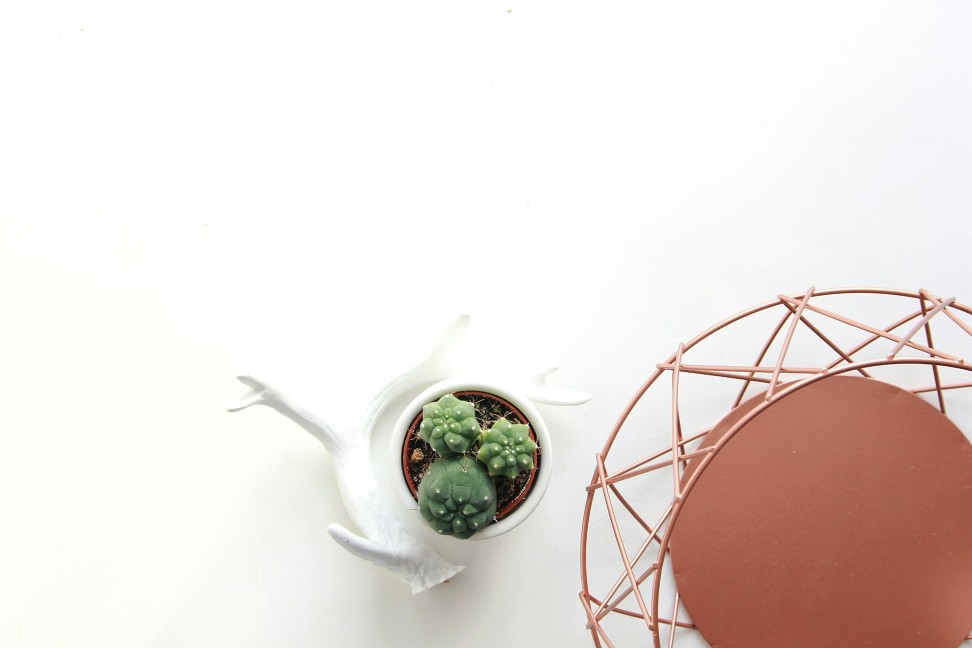Journaling is a powerful tool for self-reflection, self-discovery, and personal growth. Whether you’re looking to boost your creativity, increase your self-awareness, or simply find a therapeutic outlet for your thoughts and feelings, starting a journaling habit can be a game-changer. However, getting started can be daunting. With so many different approaches and techniques out there, it’s easy to feel overwhelmed. That’s why we’ve put together a list of tips to help you kickstart your journaling habit and make the most of this powerful practice.
1. Find the right journal for you
One of the most important things when it comes to starting a journaling habit is finding the right journal for you. There are so many different options out there – from simple lined notebooks to fancy leather-bound journals with intricate designs. Think about what appeals to you most and what type of journal will inspire you to write. Some people prefer blank pages for doodling, while others find lined pages easier to write on. Consider whether you want a small pocket-sized journal to take with you wherever you go, or a larger journal to keep at home. The key is to choose a journal that you feel comfortable with and that you’re excited to write in.
2. Set aside time each day
Consistency is key when it comes to building a journaling habit. Make it a priority to set aside time each day for your journaling practice. Whether you prefer to write first thing in the morning to start your day off on the right foot, or in the evening as a way to unwind before bed, find a time that works best for you and stick to it. Treat your journaling time as a sacred ritual, a time for you to connect with yourself and reflect on your thoughts and emotions.
3. Start small
If the idea of writing pages and pages of thoughts and feelings every day feels overwhelming, start small. You don’t have to write a novel every time you sit down with your journal. Even just a few sentences or bullet points can be enough to get your thoughts flowing and start the process of self-reflection. Remember, journaling is a personal practice and there are no rules or limitations on how much or how little you need to write. The important thing is that you’re taking the time to check in with yourself and put your thoughts down on paper.
4. Get creative
Journaling is not just about writing – it’s also a great opportunity to get creative and express yourself in different ways. If you’re feeling stuck or uninspired, try adding some art, doodles, or collages to your journal. Use colors, stickers, washi tape, or any other materials that spark your creativity and help you express your thoughts and feelings visually. This can be a fun and therapeutic way to add depth and meaning to your journaling practice.
5. Experiment with different prompts
If you’re not sure where to start or what to write about, experiment with different prompts to get your creative juices flowing. There are countless journaling prompts available online, covering a wide range of topics such as gratitude, self-reflection, goal-setting, and more. Pick a prompt that resonates with you and see where it takes you. You can also create your own prompts based on your current thoughts, experiences, or emotions. The possibilities are endless, so don’t be afraid to explore and see what works best for you.
6. Reflect on your entries
After you’ve been journaling for a while, take the time to reflect on your entries and see how far you’ve come. Reading back on your past entries can be a powerful way to track your progress, identify patterns or triggers, and gain new insights into yourself. Look for recurring themes, emotions, or challenges that come up in your writing, and see if there are any areas of your life that you want to focus on or improve. Journaling is a journey of self-discovery, and reflecting on your entries is an important part of that process.
7. Don’t be too hard on yourself
Journaling is a personal practice, and it’s okay to have good days and bad days. Don’t be too hard on yourself if you miss a day or if your writing feels scattered or unfocused. The important thing is that you’re making the effort to show up for yourself and prioritize your mental and emotional well-being. Remember that journaling is a process, and it’s okay to make mistakes, experiment, and learn along the way. Be kind to yourself, and give yourself permission to explore and grow through your journaling practice.
In conclusion, starting a journaling habit can be a transformative experience that can help you gain deeper insights into yourself, process your thoughts and emotions, and cultivate a sense of self-awareness and gratitude. By finding the right journal for you, setting aside time each day, starting small, getting creative, experimenting with different prompts, reflecting on your entries, and being kind to yourself, you can kickstart your journaling habit and make the most of this powerful practice. Remember that journaling is a personal journey, and there are no right or wrong ways to do it. Find what works best for you, and enjoy the process of self-discovery and growth that comes with it. Happy journaling!















